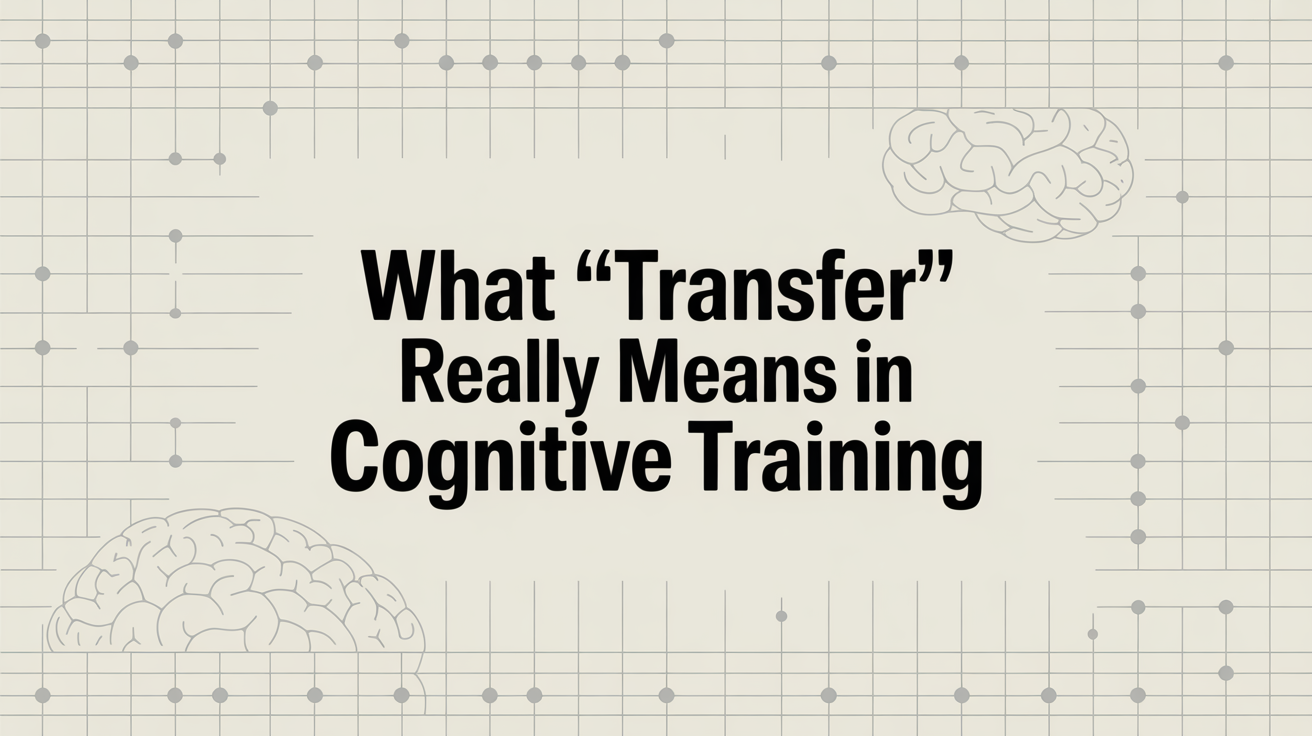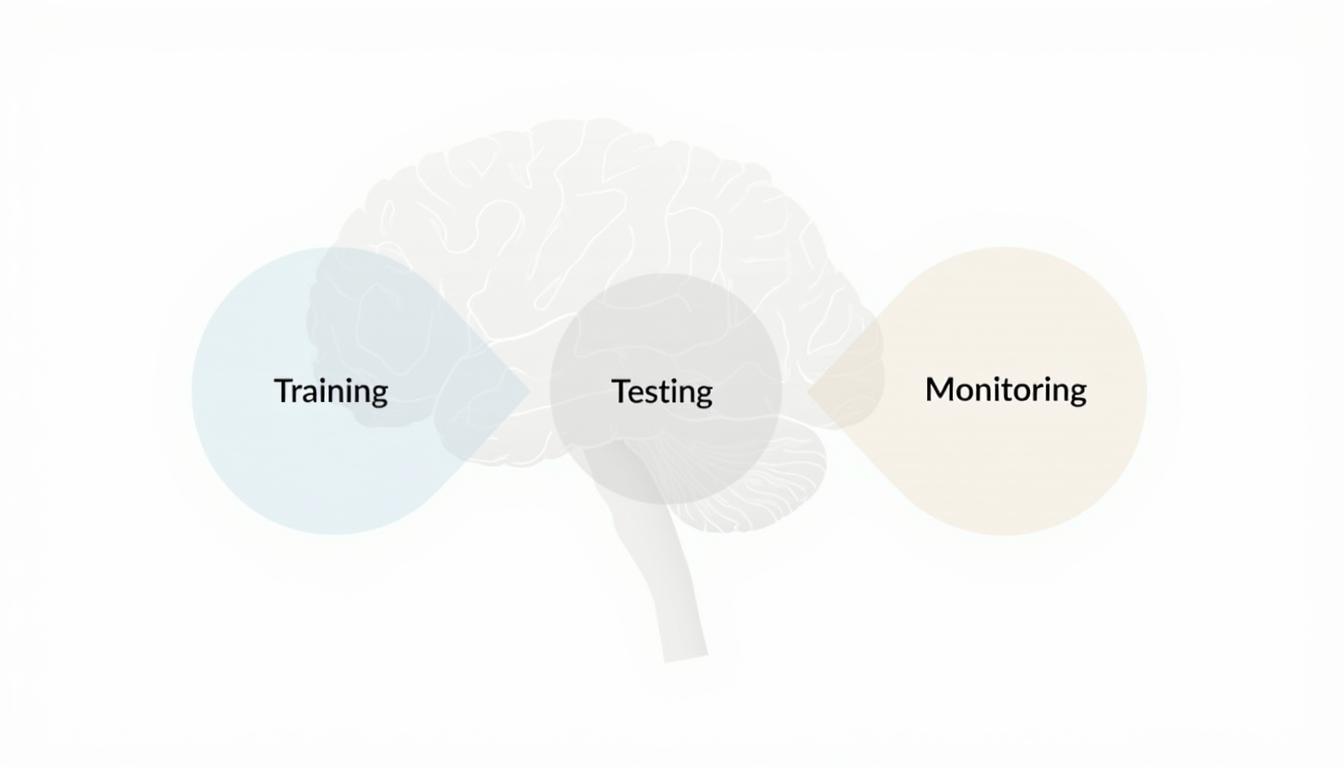Welcome to the Research and Strategy Services at in today's fast-paced.


Cancer survivors or those undergoing chemotherapy can develop cognitive changes impacting their everyday functioning. Some people have termed this condition chemo brain, which mental training activities may improve. Here we will cover research on the types of cognitive training showing promise for patients.
Surgery, radiation treatment, and chemotherapy are currently the only conventional options to help individuals with rare cancers. The National Cancer Institute defines rare cancers as affecting 40,000 people or less annually. Some rare cancers involve the head and neck, bone and soft tissue sarcomas, thyroid, neuroendocrine, lymphoma, and mesothelioma, a cancer type caused by exposure to asbestos.
In cases like mesothelioma, chemotherapy is a standard treatment. There are stages of mesothelioma where chemotherapy has a higher chance of success. However, it depends entirely on the doctors' prognosis and the patient's actual physiological state.
Some individuals may also experience decreased mental sharpness (chemo brain) during and after the procedure. So it's crucial to get more information about specific cancer treatments and mental-training activities that can help reduce their effects.
This article answers crucial questions like how can mental training activities help reduce the effects of the chemo brain? And what are the current studies about chemotherapy's effects on an individual's cognitive performance? This short read also explains why mental training is crucial in reducing the effects of chemo brain. It includes examples of mental activities experts recommend to individuals experiencing mental cloudiness.
Chemo brain is a condition experienced by cancer survivors or those who have undergone chemotherapy. The mind is no longer as sharp as it used to be. Here are some symptoms that usually characterize chemo brain:
● Becoming disorganized
● Confusion
● Difficulty in learning new skills
● Visual and verbal memory lapses

These are some side effects of chemotherapy in people with rare and advanced cancer cases.
But through mental training, these side effects may be reduced, allowing cancer survivors and individuals undergoing chemo to strengthen their cognitive skills and prevent the onset of chemo brain. Here are the following cognitive needs that require focus and training to reduce the mental side effects of chemotherapy:
● Complex attention: This is a person's ability to multitask or focus on multiple things at once.
● Executive function: This is a person’s ability to make sound decisions, plans, and priorities in response to the environment.
● Learning and memory: This is a person’s ability to retain and remember information.
● Perception-motor control: This is a person’s ability to respond to environmental stimuli using motor skills and the senses, like vision and touch.
● Language: The person’s ability to communicate with others.
● Social cognition: This domain pertains to a person's ability to remember social behavior and norms.
Suppose you’re undergoing chemotherapy or are a cancer survivor. In that case, you should enroll yourself in programs that target these cognitive needs to ensure your mental flexibility and elasticity.
Cancer is a significant phase in life that can dramatically affect one’s future, but it doesn’t mean all hope is lost. Being in a good cognitive state to deal with the situation is vital for you to live a happy and content life no matter what condition you are in at the moment.
The fight to find the cure for cancer is an uphill battle, and the entire medical world is slowly climbing. But, despite the steep climb, breakthroughs are slowly inching us toward that elusive goal.
Researchers at UCLA have shown that mental training is one of the best ways to improve the daily lives of people with chemo brain.
According to their study, women who have undergone chemotherapy to halt the progression of breast cancer resulted in mental fogginess. These women are having difficulty concentrating, becoming disorganized, and failing to attend to daily routines and activities.
Early intervention in these cases resulted in improved memory and better results for respondents after a two-month rehabilitation program.
Another study done in 2013 focused on the effectiveness of online cognitive programs on people undergoing breast cancer treatments. The respondents were subjected to a novel online executive functions program that rehabilitates working memory, multitasking, cognitive flexibility, attention, and planning skills.
The study revealed that cancer survivors who underwent 48 sessions online over 12 weeks showed improvements in the fields of focus. The test determined that computerized programs focused on cognitive or mental training might produce positive results, especially in rehabilitating people who have gone through chemotherapy.
Because of these early successes in this field of study, more research has been done to determine the effectiveness of computer-based cognitive programs in improving cancer survivors' mental abilities.
In 2020, pilot research investigated the effects of video game-based cognitive training to reduce mental impairment due to breast cancer treatment.
A group of respondents was subjected to an online cognitive training program focused on five cognitive domains: attention, working memory, episodic memory, executive function, and processing speed.
The study showed that online cognitive training programs improve cognitive functioning. However, the exact role of video games in the result of this study is still uncertain.
References
2. Mental-training Exercises Help Mitigate Effects of “Chemo Brain”
3. Cognitive Training for Improving Executive Function in Chemotherapy-Treated Breast Cancer Survivors






Welcome to the Research and Strategy Services at in today's fast-paced.

An interpretive overview explaining what “transfer” means in cognitive training, why improvements often remain task-specific, and how transfer should be understood as conditional rather than assumed.

An interpretive overview clarifying the differences between cognitive training, testing, and monitoring, and why these distinctions matter when interpreting cognitive performance data.

An interpretive overview of how cognitive training has been studied after concussion or mild brain injury, including what it may support during recovery, why results vary, and how to avoid over-interpreting training effects.
.png)